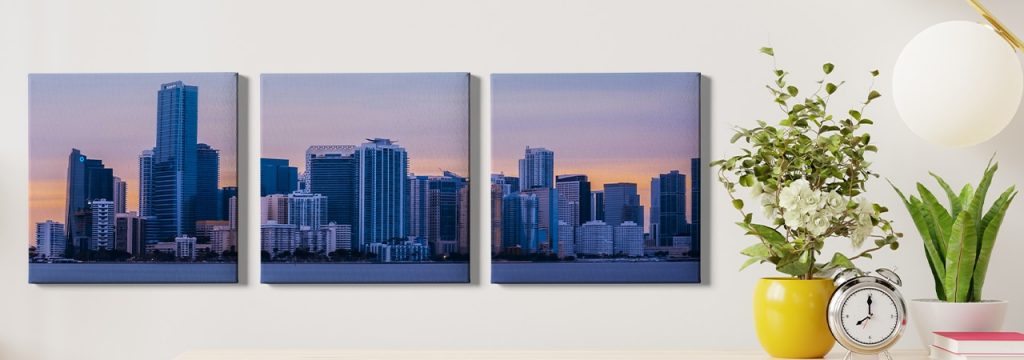
Beach days are back, sunscreen is practically a fashion statement, and summer’s here to turn every ordinary moment into a sun-drenched adventure. It’s the perfect time to explore new horizons and take pictures. While there’s much to love about summer, overexposed photos aren’t one of them. Here are some tips to help you make sure your snaps look good as the real thing.
Top tip: Give your photos a new lease of life by turning them into photo books, canvas prints, photo blankets, picture tiles, photo pillows, or metal prints!
The Golden Hour
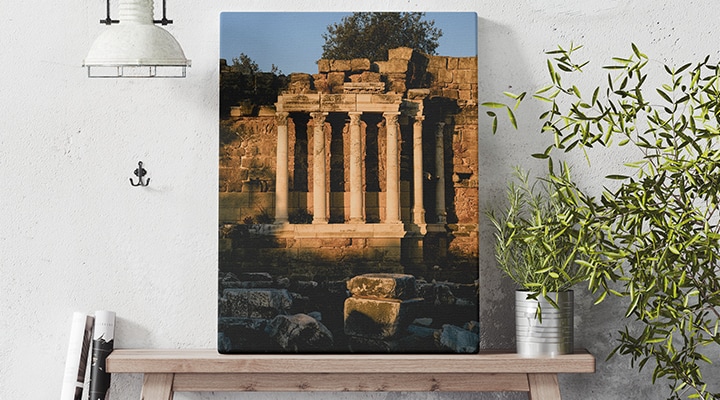
Photographers swear by the “golden hour,” the first and last hour of sunlight after sunrise and before sunset. The warm, diffused light creates a magical glow and minimizes harsh shadows in your photos.
- Plan shoots with a sunrise and sunset app so you never miss prime lighting
- Position subjects with the sun just behind them to create natural rim lighting
- Dial in exposure compensation to retain detail in bright highlights
- Use a wide aperture to achieve a gentle background blur around your subject
- Bracket exposures and blend them later for balanced dynamic range
Play with Light and Shadow
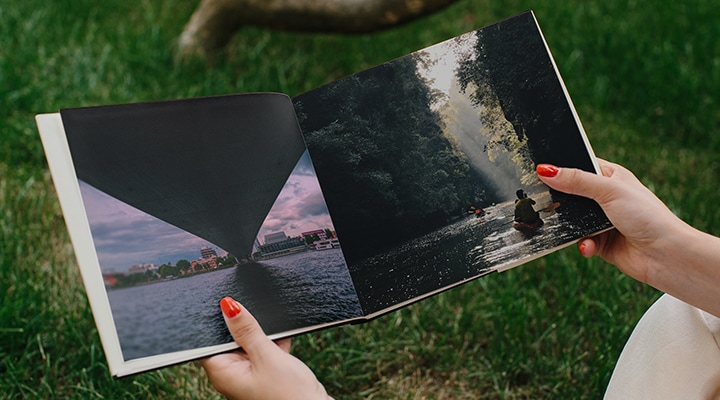
As the sun moves lower in the sky during early morning or late afternoon, shadows lengthen, creating elongated shapes that can lead the viewer’s eye through your composition. Use these long shadows to add a sense of directionality and drama to your summer photos.
- Scout locations for strong, directional light that casts graphic shapes
- Underexpose by one stop to deepen shadow tones and add drama
- Leverage reflective surfaces like water or glass to bounce light onto your subject
- Create silhouettes by exposing for the brightest part of the frame
- Combine natural and fill light (e.g. reflector or subtle flash) to sculpt form
Document Everyday Life
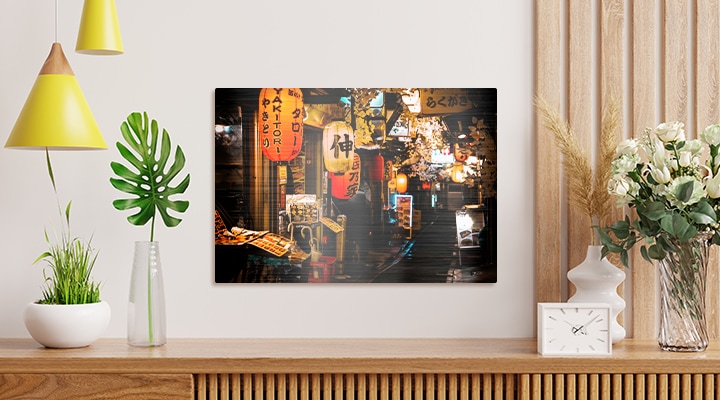
Find beauty in the ordinary by documenting daily routines, rituals, and moments of everyday life. The best kind of photographs are the candid ones, after all.
- Seek candid interactions—capture someone preparing a picnic or rinsing sandy feet
- Shoot at eye level to make viewers feel present in the moment
- Use a moderate aperture (ƒ/4–ƒ/5.6) to keep both subject and setting in focus, meaning your lens’s opening should be neither very wide nor very small, offering a balance between light intake and depth of field.
- Frame routines within their environment: Show the bike by the boardwalk or towels on rails
- Anticipate transitions between activities and fire off bursts to catch genuine expressions
Experiment with Composition
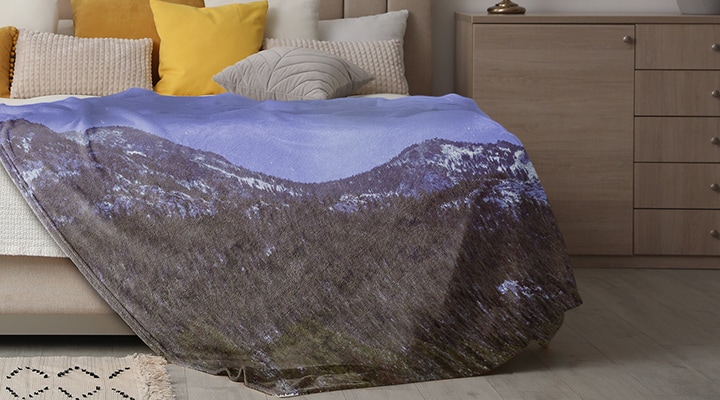
Try different angles and perspectives — shoot from high above, down low, or from unexpected vantage points.
- Apply the rule of thirds or golden spiral to lead the viewer’s gaze
- Frame through doorways, foliage or architectural elements for depth
- Use leading lines like boardwalk planks or shoreline curves to draw in the eye
- Switch focal lengths—telephoto compression versus wide-angle context
- Embrace intentional asymmetry to create tension and interest
Embrace Vibrant Colors

Capture bold summer hues by shooting in bright light and adding colorful props to make every shade pop.
- Hunt for bold summer palettes—emerald foliage, azure skies and coral swimwear
- Introduce colorful props such as umbrellas, floats or patterned fabrics
- Shoot when light is strongest to naturally saturate hues without pushing sliders
- Attach a polarizing filter to deepen blues and cut glare on water
- Boost in-camera contrast gently to make colors pop without overcooking them
